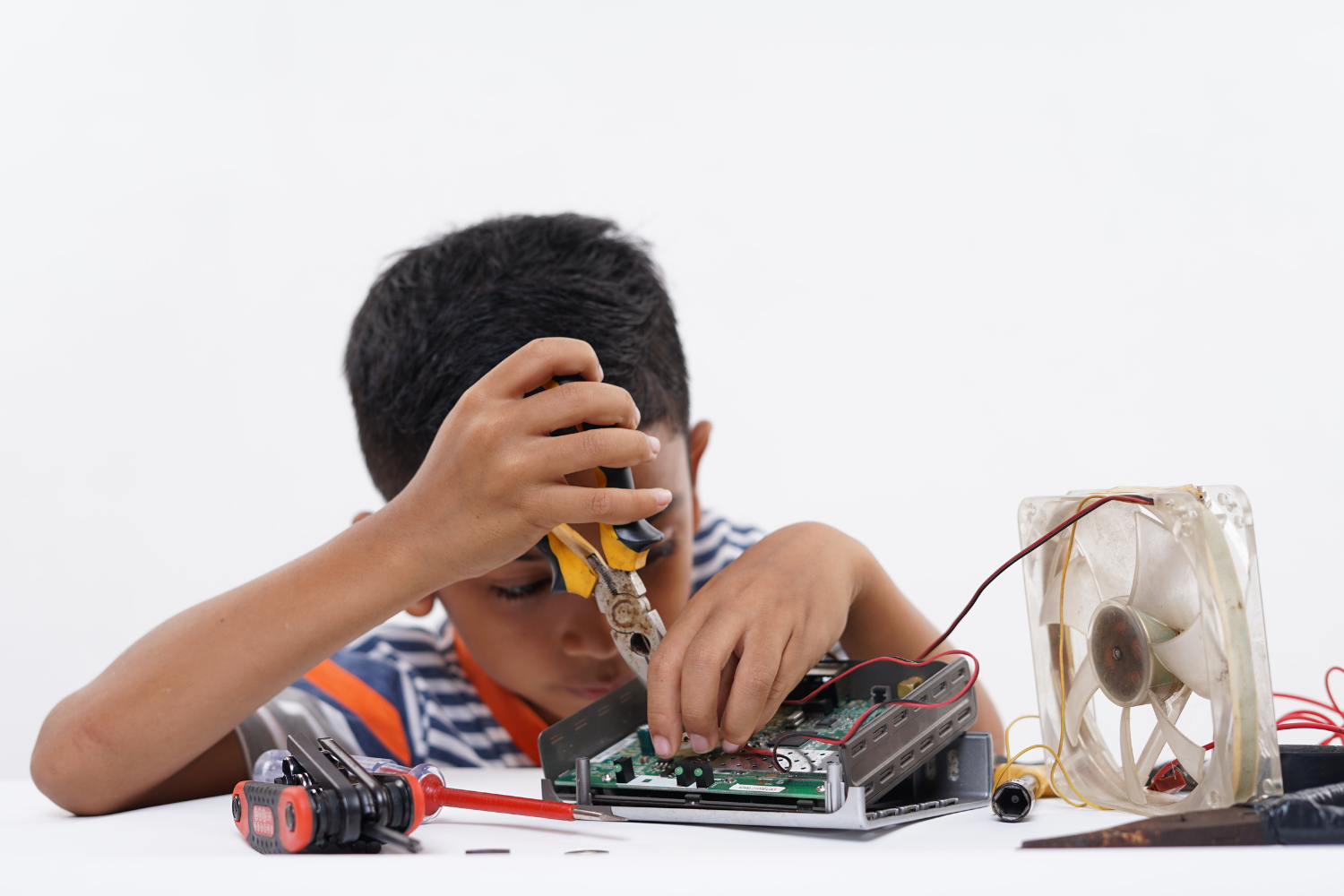One Reading Habit That Will Increase Your Child's Intelligence
/Not just any kind of reading will help develop and strengthen your child's mind.
You want to provide your kids with literature that will challenge their minds and get them into the habit of applying effort when reading.
Because the more your child actively uses his mind when he's young, and the more he continues to use his mind as he matures, the brighter he'll become.
We know that the brain is an ever-changing organ. It can weaken from misuse or neglect, and it can also become stronger from the right kind of use.
“John Taylor Gatto had his sixth-grade class read and discuss Moby Dick by Herman Melville. ”
Parents say things like, "Well, he only reads comic books, but at least he's reading!"
As John Taylor Gatto put it, "Teach your children to grow up to be readers of more than the daily newspaper."
Comic books are fine for comic relief on occasion. Maybe you're on a road trip or flying cross-country; this might be a time to let your child read a comic book or two or three.
☞ It’s probably prudent not to let comic books work their way into your home though.
Comic books will make his mind lazy because they require almost no effort to read. The pictures tell the story, and the dialogues are simple. When it becomes time to read challenging literature, he won't be able to tackle the vocabulary or follow the longer and more complicated sentence patterns.
He'll complain to you that the book is "boring."
It's not boring; he just hasn't learned to read well. Do not let him blame the book!
Great books expand the mind and help us to understand the complexities of life and ourselves. If we replaced the department of psychology with a department of Shakespeare, we'd be off to a good start in improving our colleges and universities.
The inner workings of the mind and heart are there in his plays.
Once you get used to the language, Shakespeare is no more difficult to read than authors such as Tolstoy or Dostoevsky.
The ability to read great literature is what you want for your children. You want them to be exposed to the great ideas of Western thought that take us all the way back to Ancient Greece.
John Taylor Gatto was very in support of reading great books. It's where he got the seeds for many of his ideas. Had he not been a good reader himself, he would not have been able to plow through all of the material he read to uncover the real history of modern education.
☞ It took a competent reader and thinker to accomplish such a great feat.
I said there was one thing you need to do to increase your child's intelligence, but as I was writing this, another occurred to me, so there are now two things.
The second thing is to homeschool your children, so you expose them to great literature. I say homeschool because, sadly, your children won't get the kind of education they need in public school.
☞ And with a lousy education system comes a dumbed-down people.
Here’s a poem by Emily Dickinson to inspire your kids:
There is no frigate like a book
To take us lands away,
Nor any coursers like a page
Of prancing poetry.
This traverse may the poorest take
Without oppress of toll;
How frugal is the chariot
That bears a human soul!
Have your children memorize Emily Dickinson's poem, and supply them with the kind of books to travel lands away!
Don’t miss our free download, Ten Books Every Well-Educated Child Should Read.
Join the Smart Homeschooler Academy online course for parents and let me guide you in homeschooling to raise intelligent children of good character. You can enroll using the link below and be confident knowing you can and will homeschool successfully.
For parents of children under age seven who would like to prepare their child for social and academic success, please begin with our online course, Raise Your Child Well to Thrive in Life and Excel in Learning.
Elizabeth Y. Hanson is an Educator, Homeschool Emerita, Writer, and a Love and Leadership Certified Parenting Coach with 20+ years of experience working in children’s education.
Utilizing her unusual skill set, Elizabeth has developed a comprehensive understanding of how to raise and educate a child. She devotes her time to helping parents get it right.
She is available for one-on-one consultations as needed.
☞ Disclaimer: This is not a politically-correct blog.☞ Disclaimer: This is not a politically-correct blog.




































































